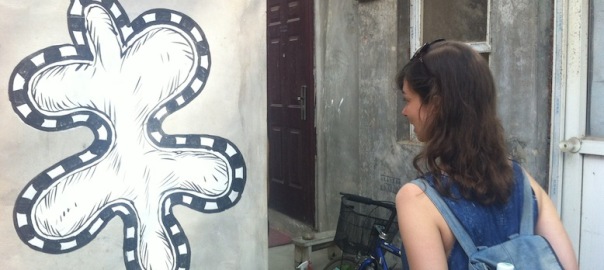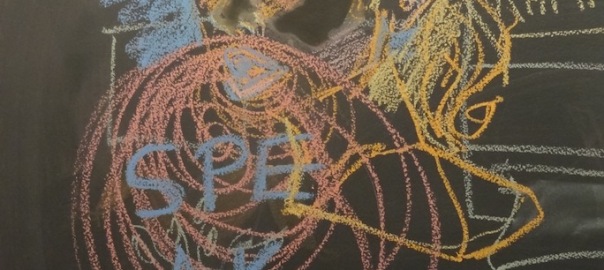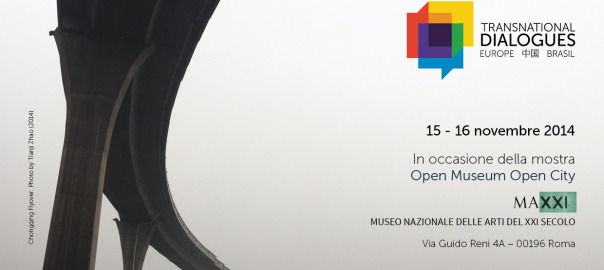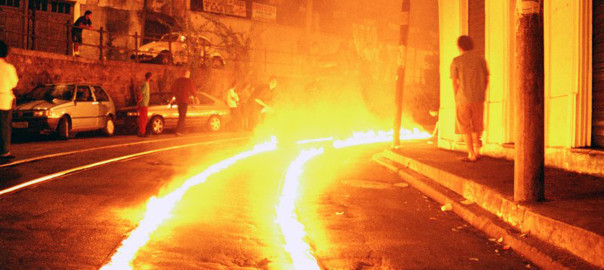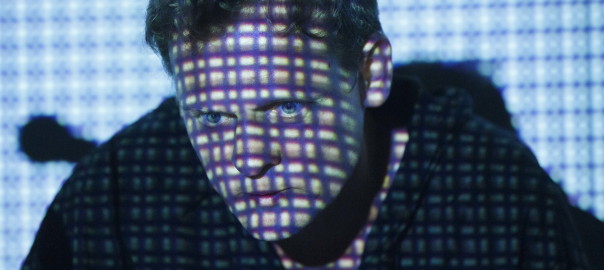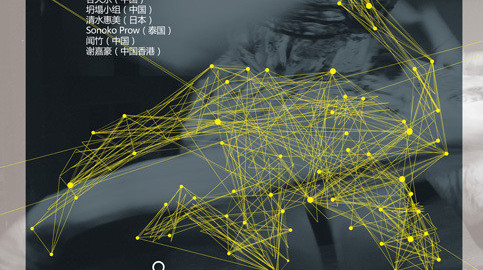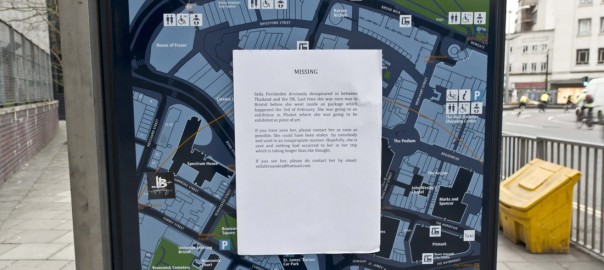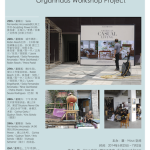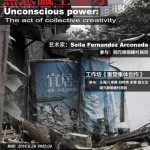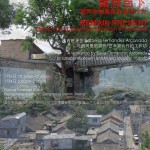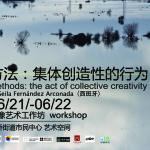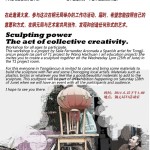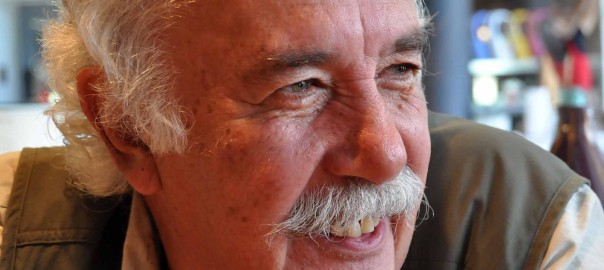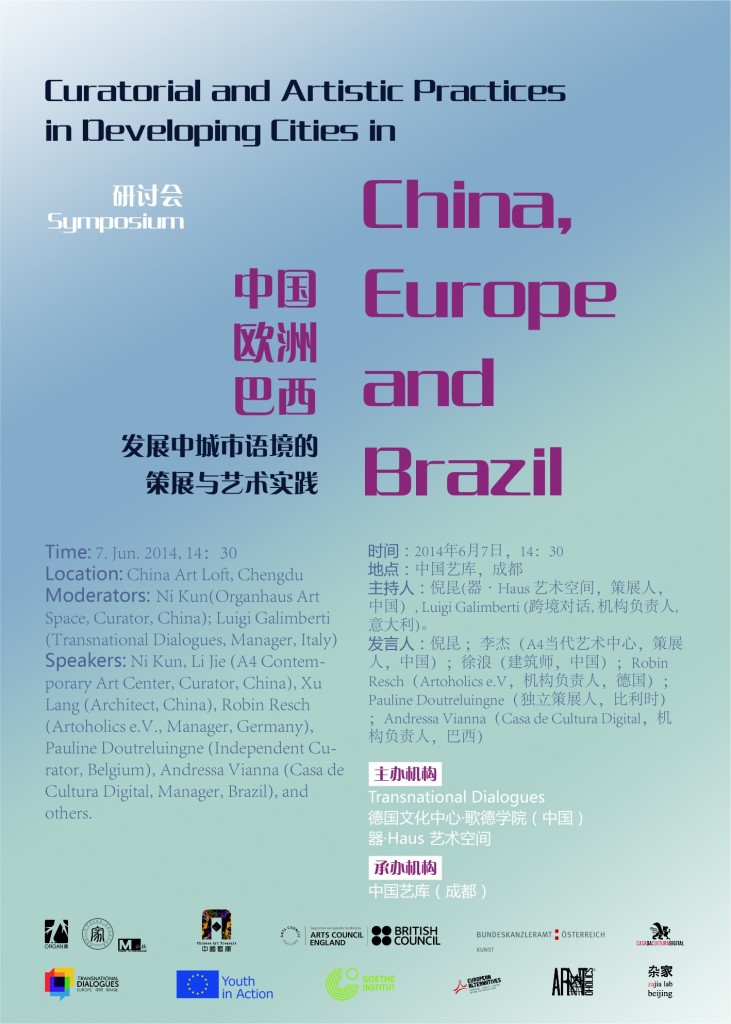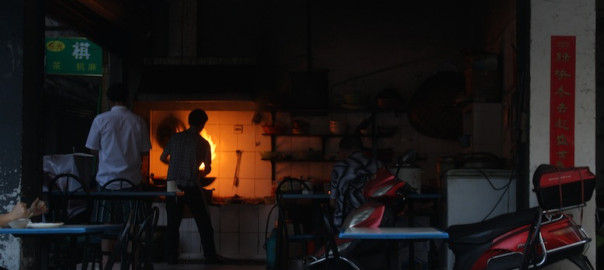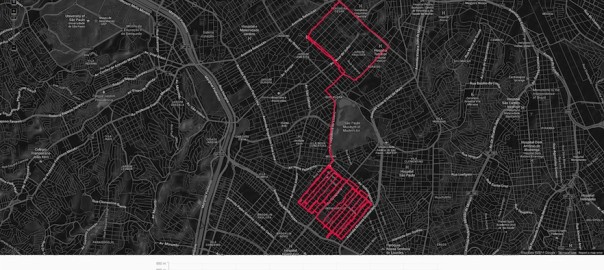by Andressa Vianna and Chico Daviña
Place yourself in a spot at an unfamiliar street for you and remain there.
Place yourself on the space and remain.
Observe how the objects and people around you are situated.
Do you represent an obstacle to something? Do you diverge from the rhythm composed in there? Do you feel material or immaterial being there? Is there any embarrassment involved? Being in such position, what in you and in what do you have an affect on?
Read the rest of the article in the Transnational Dialogues Journal 2014 (pp. 56-57, PORTUGUESE, CHINESE and ENGLISH).
Andressa Vianna is a multimedia producer, who loves the intersection between technologies (old and new) in social and civil matters. Chico Daviña is an independent researcher based in São Paulo.
[Cover photo: “Transnational Dialogues 2014: On our way to Flickingforehead!, Beijing, June 2014”; photo by Andressa Vianna]


